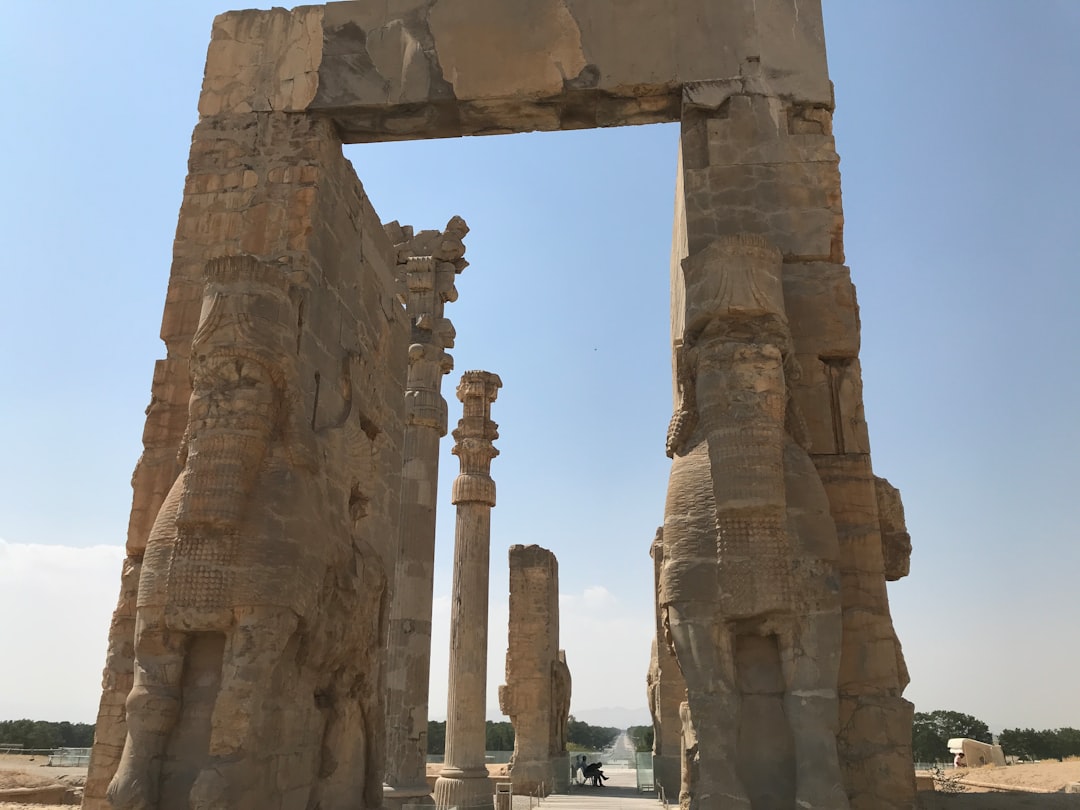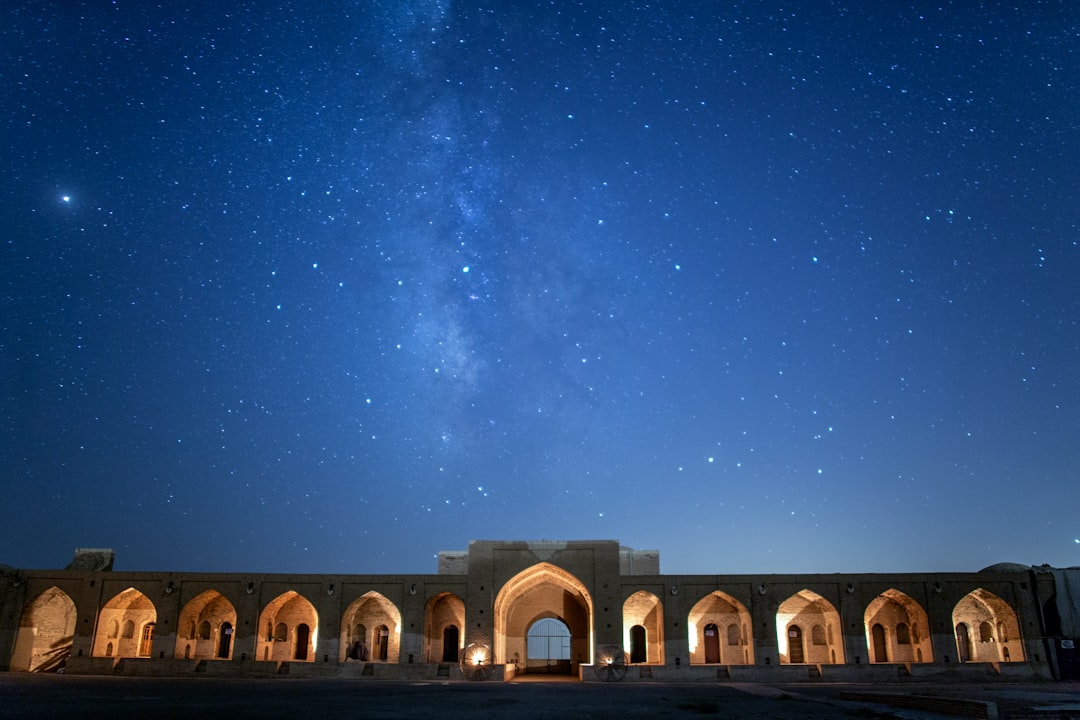In Iran, hospitality isn’t just a virtue—it’s an art form. At the heart of this gracious tradition lies taarof (تعارف), a subtle dance of offers, refusals, and counter‑offers that embodies respect, humility, and social harmony. Whether you’re invited into an Iranian home for the first time or bargaining at a bustling bazaar, understanding taarof can help you navigate social interactions with confidence and appreciation.
1. What Is Taarof?
Taarof is a system of etiquette in which one party makes a politeness‑driven offer, and the other responds with polite refusal—even if they would truly like to accept. This cycle of offering and declining can repeat several times before one side finally yields. Taarof reflects core Persian values:
-
Humility: No one claims undue privilege or advantage.
-
Respect: Hosts defer to guests, elders to juniors, and strangers to acquaintances.
-
Reciprocity: Generosity invites generosity in return.
2. Historical and Cultural Roots
Taarof evolved over centuries in a society where honor and face‑saving were paramount. In a hierarchical culture influenced by royal courts, religious institutions, and tribal customs, taarof became a way to:
-
Preserve social balance: By softening direct refusals or demands.
-
Affirm relationships: Through ritualized generosity and deference.
-
Signal good intentions: Even simple gestures become laden with meaning.
Today, taarof remains a cornerstone of Iranian social life—from Tehran’s coffee shops to remote village homes.
3. Key Features of Taarof
-
Exaggerated Offers
-
“Please, you must sit. I insist!”
-
Even if there’s only one chair, the host will offer multiple times before letting you choose.
-
-
Multiple Refusals
-
Guest: “Thank you, but I must decline.”
-
Polite persistence from the host and further refusals from the guest are both expected.
-
-
Final Acceptance
-
After two or three rounds, one party concedes. A sincere “Thank you” and acceptance follow, signaling the ritual’s close.
-
-
Contextual Nuance
-
The depth of taarof varies by region, social class, and formality. Urban youth may taarof less rigorously than their elders.
-
4. Everyday Examples
-
Hospitality: A host repeatedly urges you to eat more—even when you’re full.
-
Transportation: Drivers refuse payment for a short taxi ride before finally accepting.
-
Shopping: A vendor insists you take the last piece of fruit, then the buyer refuses before buying it.
-
Compliments: A guest compliments a painting; the host modestly downplays its quality before the guest insists they appreciate it.
5. Tips for Foreigners
-
Be Patient: Allow the cycle of offer and refusal to play out—jumping in too early can appear rude.
-
Read Cues: Watch locals’ body language and tone. A warm smile usually means genuine welcome.
-
Offer Back: If someone insists on picking up the check, politely insist in return—this shows you understand the custom.
-
Know When to Stop: After two or three polite refusals, accept graciously. Further insistence can feel disingenuous.
-
Express Gratitude: A heartfelt “Merci” (thank you) or “Mamnoon” seals the social contract.
6. Common Misunderstandings & Pitfalls
| Misstep | Why It Happens | How to Recover |
|---|---|---|
| Accepting immediately | Mistaken for rudeness | Apologize and offer something back |
| Insisting too long | Feels insincere or competitive | Laugh it off and sincerely thank |
| Skipping taarof entirely | Seen as arrogant or ungrateful | Express regret and appreciation |
7. Beyond Politeness: Taarof’s Broader Significance
Taarof is more than a set of social rules—it’s an expression of collective identity, reminding Iranians that relationships and mutual respect come before individual wants. In a fast‑changing world, this ritualistic politeness offers a moment to pause, honor tradition, and connect on a human level.
Final Thoughts
Mastering taarof may feel like learning a secret handshake—initially perplexing, but deeply rewarding once you grasp its rhythm. Embrace the art of give‑and‑take, and you’ll discover a warmth and generosity that define Persian hospitality. Next time someone insists, “No, please—after you,” lean in, smile, and join the timeless dance of taarof.





